Should You Take Vitamin C and D Together?
Can taking Vitamin C and D together improve your health? We explore the science-backed benefits, potential risks of high doses, and optimal ways to incorporate them into your routine.
Advertiser Disclosure: We independently select all the products. If you click through links we provide, we may earn a commission.

Vitamins help our bodies work well. Many people ask if they can take Vitamin C and D at the same time.
This doubt stops them from getting the full gains of both. Good news is that you can mix these two key vitamins.
They work well as a team for your health. Let's look at why these vitamins matter and how they can help you when taken side by side.
Understanding Vitamin C and D
Vitamin C Functions
Vitamin C, also known as ascorbic acid, is a water-soluble vitamin. It works as a guard in your body. It helps with tasks that keep you well, such as:
- Backs up your germ fight skills
- Stops bad cells that can hurt your body
- Helps produce substances that keep skin firm
- Aids your body in using iron well
Though we eat more C now than in past times, about 8% of people still lack it. Near 13% of Americans don't have enough C. What's more, half of U.S. grown-ups fail to get ample C from their meals each day.
Vitamin C Food Sources
The best sources of Vitamin C include:
- Bright fruits
- Bell peppers
- Red berries
- Red round fruits
- Green leafy vegetables
- White root vegetables
Though there are lots of foods with C, you may not eat them every day. If so, you can take a pill form to make sure you get what you need. This helps keep your C dose high.
Vitamin D Functions
Vitamin D needs fat to work right in your gut. It plays a big role in key tasks your body must do, such as:
- Helps your immune system fight infections
- Aids your body’s defenses
- Makes bones and teeth strong
- Improves calcium absorption for bone health
Vitamin D Food Sources
Not many foods have vitamin D in them, but you can find it in:
- Egg yolks
- Mushrooms
- Fatty fish
- Milk
- Certain cuts of meat
- Cheese
- Fortified foods
Most of these have small bits of it.
Your skin makes vitamin D when rays from the sun touch it. Some comes from what you eat. But we all get sun differently, absorb it at different rates, and have changing tastes.. This makes it hard to get what you need.
In fact, a new count says that 35% of Americans lack vitamin D. Plus, 95% don't eat vitamin D-rich foods daily. This is why there's an increase in the popularity of vitamin D supplements, widely recommended by health professionals.
Benefits of Taking Vitamin C and D Together
 Benefits of Taking Vitamin C and D Together
Benefits of Taking Vitamin C and D Together
Boosts Immune Support
When you take both these vitamins, they team up to fight off germs. Vitamin C helps make white blood cells that kill harmful pathogens.
Optimal immune function relies on a variety of micronutrients, including vitamins C and D. These vitamins contribute to different aspects of immune defense, and adequate intake of both is important for a robust and balanced immune response. - Dr. Adrian F. Gombart, Professor of Biochemistry and Biophysics at Oregon State University
Vitamin D helps those cells work well. This mix is great at cold or flu time. It gives your body the tools it needs to stay well and strong all year.
Improved Bone Health
Vitamin D helps your gut's ability to absorb calcium from foods. Vitamin C helps makes the foundation that strengthens your bones.
When you take both, your whole bone frame gets help. This mix works well for kids who grow and old adults who need to keep their bones strong.
May Help Fight Viral Infections
These two vitamins can help you boost your defenses. They both back up your body's first line of defense.
Some tests show they may help with cold sores and flu symptoms. The right dose can cut down how long you stay sick. This perk makes the pair a must in cold months.
May Promote Faster Wound Healing
Cuts and scrapes need help to heal. Vitamin C is key for making collagen that binds skin. Vitamin D helps cells grow and repair tissue damage.
Those who lack these heal slowly. Their wounds may stay open for too long. These vitamins can help speed up this fix time.
May Reduce Complications During Chemotherapy
Health experts think this pair may help individuals on strong medications, which can make you feel very sick.
The two vitamins might ease some adverse effects. But you must ask your doctor first. They know if this combination is safe for you.
Potential Side Effects
Too much of any good thing can cause harm. High doses of Vitamin C may cause gut pain. It can make you have loose stools or feel sick. Too much vitamin D can lead to a bad state called high blood calcium.
This can hurt your heart and make your bones weak. Stick to what your healthcare provider says is right for you.
Signs that you've had too much might show up in odd ways. You might get a headache or feel digestive discomfort. Some people find that they get kidney stones. Certain vitamins shouldn't be taken together, as they can interfere with each other's absorption and effectiveness.
Watch for these signs and cut back if you spot them. Most people won't have these if they take the right dose.
Not all the time, Vitamin D can act alone. It may combine or contrast with some drugs, and you may run into some unintended side effects.
Medicines that can clash with vitamin D include:
- Diuretics (commonly used for high blood pressure)
- Orlistat (an anti-obesity tablet)
- Statins (cholesterol-lowering agents)
- Prednisone (a steroid)
If you consume any of the above, do a quick chat with your healthcare provider. They can review potential effects and assist in ensuring that your meds and supplements will go along with one another, sparing any unpleasant surprises.
Recommended Dosages for Different Age Groups
Kids need less of these vitamins than adults.
- Toddlers (1–3 years):
- 15 mcg of vitamin D
- 15 mg of vitamin C
- Big kids (4–8 years):
- 15 mcg of vitamin D
- 25 mg of vitamin C
- Teens:
- 15 mcg of vitamin D
- 65 mg of vitamin C
- Adults:
- 15 mcg of vitamin D
- Men: 90 mg of vitamin C
- Women: 75 mg of vitamin C
- Older adults (70+ years):
- 20 mcg of vitamin D
- Special considerations:
- Smokers should add 35 mg more vitamin C to their daily intake.
- Breastfeeding moms require higher amounts of both vitamins.
- Vitamin D: 100 mcg
- Vitamin C: 2,000 mg
Older adults might need more of both.
Moms who feed their babies need more of both too.
Just don't go past the top safe marks:
Maximum safe limits:
When Should I Take My Vitamin C and D?
The time of day can change how well these work. Vitamin C is best when split through your day.
This keeps your blood full of it all day long. You can take it with food to stop stomach discomfort. Vitamin D works well with a meal that has some fats in it. This improves absorption.
Some people find that vitamin D makes them feel more up and alert. If that's you, take it in the first half of your day.
This way it won't mess with your sleep time. You can take both at the same time if that's best for you. There's no clash when you mix them.
In the following short video on YouTube, Dr. Mandell talks about the best time to take Vitamin C & D.
Tips For Increasing Your Intake
You can get these two from what you eat too. Fill your plate with bright fruits and green plants for vitamin C. Go for fish, eggs, and milk for vitamin D. Sun time helps too - aim for 10 to 30 mins with bare arms and legs. Just don't burn!
Cook smart to keep the good nutrients in. Steam or stir-fry foods for short times. This helps keep the vitamin C from going away.
Store fruits in cold, dark spots to keep their nutritional value. If you pick supplements, look for ones from firms that do quality testing.
When your meals cannot suffice, then you can use supplements to make up the difference.
This is especially crucial when you smoke or your body has a problem with the absorption of nutrients (as it happens with some gut diseases).
Your doctor could also recommend supplements in case it is not enough to use only food. Just in case you are unsure what is best suited to you, a brief conversation with your healthcare expert could help you determine the optimal way to increase your intake; be it through food intake, exposure to sunlight, or a small supplementary boost through the use of a bottle.
Conclusion
Vitamins C and D work well as a team. They back up your health in ways that can help your whole life. From strong bones to germ fights, this pair has lots to give. Most people can gain from them with no bad effects.
Still, what works for one may not work for all. Speak with your healthcare expert first. They can check if you need more of these and if it's safe for you.
While Vitamin C and Calcium serve different roles in the body, some people still wonder about their similarities. To learn more, see our article on Is Vitamin C the Same as Calcium?
They may test your blood to see what you lack. This helps them find the right dose just for you.
FAQs
References
Flawless Bloom has strict sourcing policies and relies on primary sources such as medical organizations, academic institutions, governmental agencies, and peer-reviewed scientific journals. Read more about how we ensure our content is accurate, thorough, and unbiased by reading our editorial process.
- Vitamin C Deficiency and Depletion in the United States: The Third National Health and Nutrition Examination Survey, 1988 to 1994 https://pmc.ncbi.nlm.nih.gov/articles/PMC1448351/
- Vitamin D Deficiency - StatPearls - NCBI Bookshelf https://www.ncbi.nlm.nih.gov/books/NBK532266/
- Nutrients for Toddlers https://www.boystownpediatrics.org/knowledge-center/toddler-nutrition
- Vitamin D - The Nutrition Source https://nutritionsource.hsph.harvard.edu/vitamin-d/
- Taking vitamin D with the largest meal improves absorption and results in higher serum levels of 25-hydroxyvitamin D - PubMed https://pubmed.ncbi.nlm.nih.gov/20200983/
- Dietary Supplements for Immune Function and Infectious Diseases - Health Professional Fact Sheet https://ods.od.nih.gov/factsheets/ImmuneFunction-HealthProfessional/
- Vitamin C and Bone Health: Evidence from Cell, Animal and Human Studies - PubMed https://pubmed.ncbi.nlm.nih.gov/26343111/
- Common colds: Research summaries – Does vitamin C prevent colds? - InformedHealth.org - NCBI Bookshelf https://www.ncbi.nlm.nih.gov/books/NBK279544/
- The Roles of Vitamin C in Skin Health - PMC https://pmc.ncbi.nlm.nih.gov/articles/PMC5579659/
- The Role of Vitamin D on the Wound Healing Process: A Case Series - PMC https://pmc.ncbi.nlm.nih.gov/articles/PMC10075270/
- The Effect of Intravenous Vitamin C on Cancer- and Chemotherapy-Related Fatigue and Quality of Life - PMC https://pmc.ncbi.nlm.nih.gov/articles/PMC4199254/


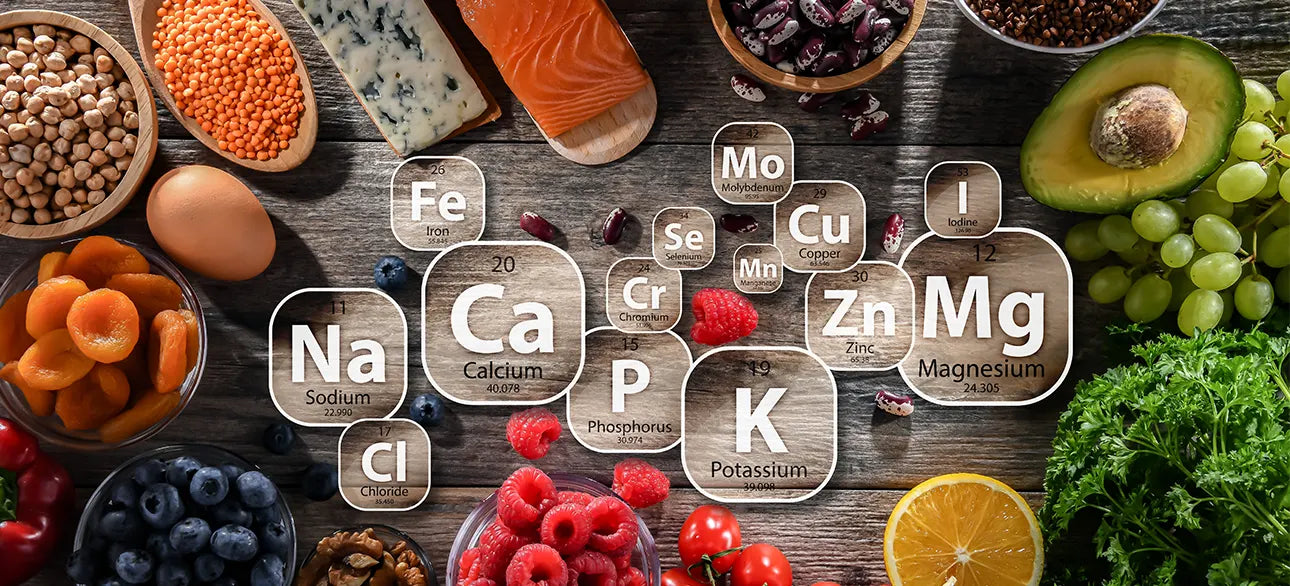
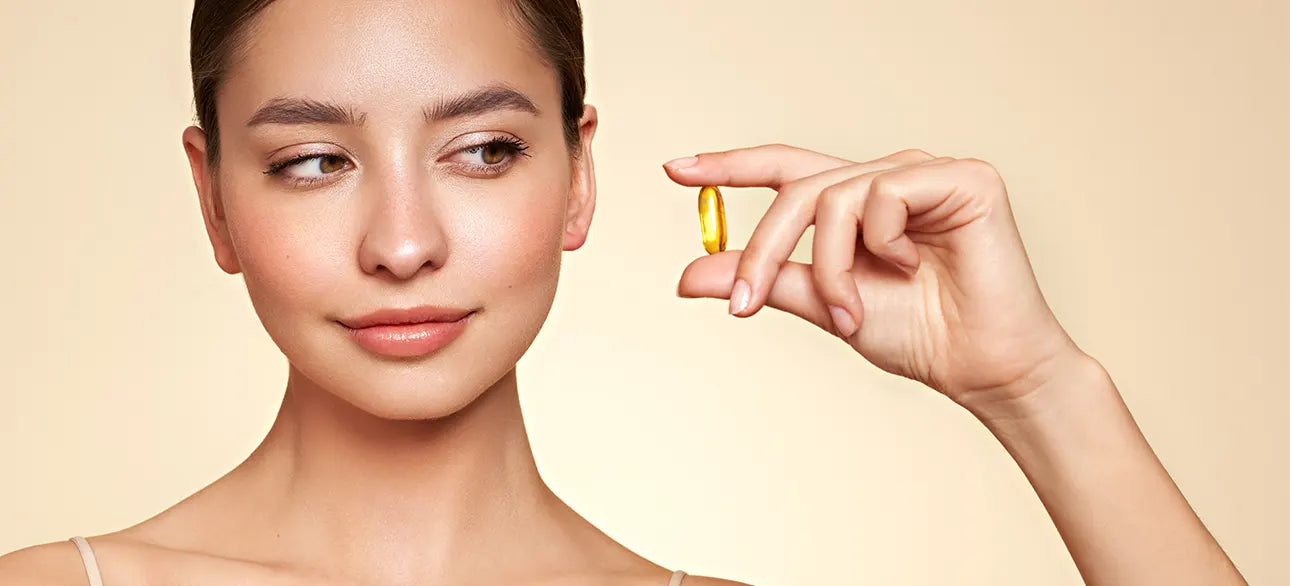











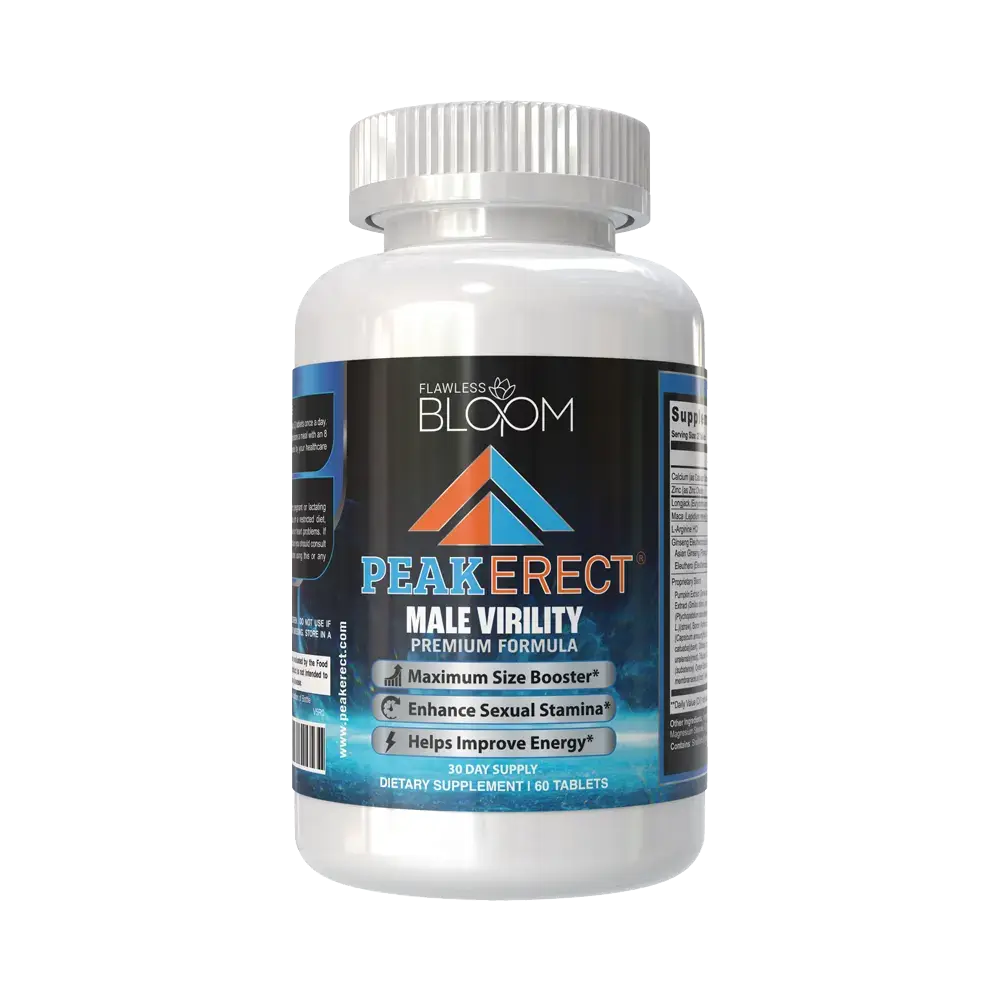
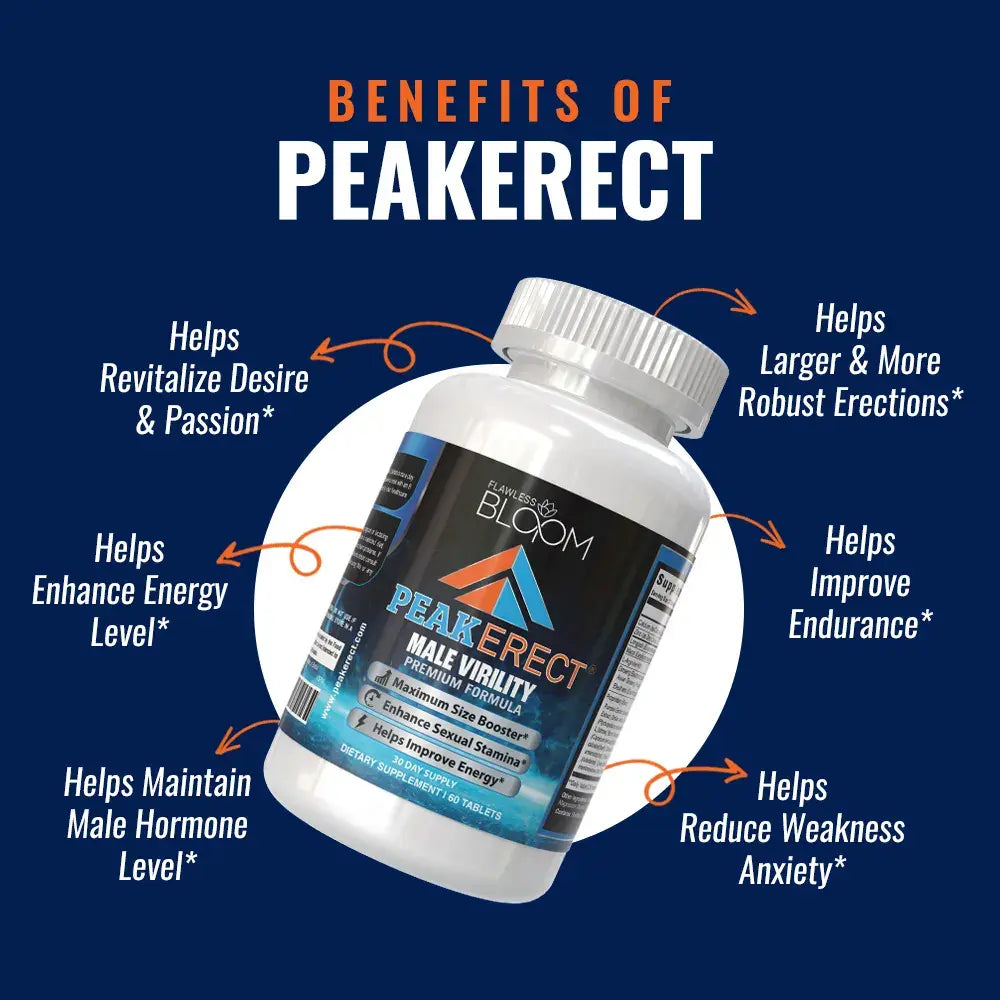
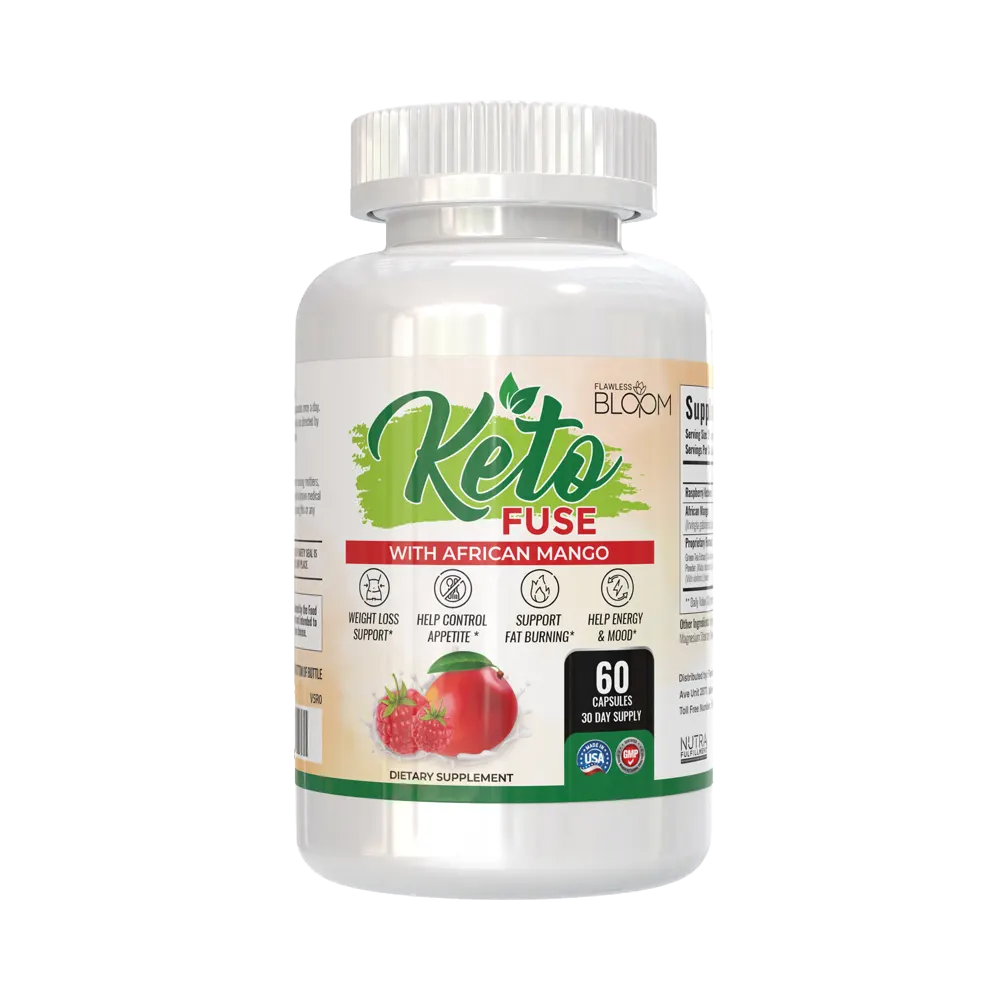
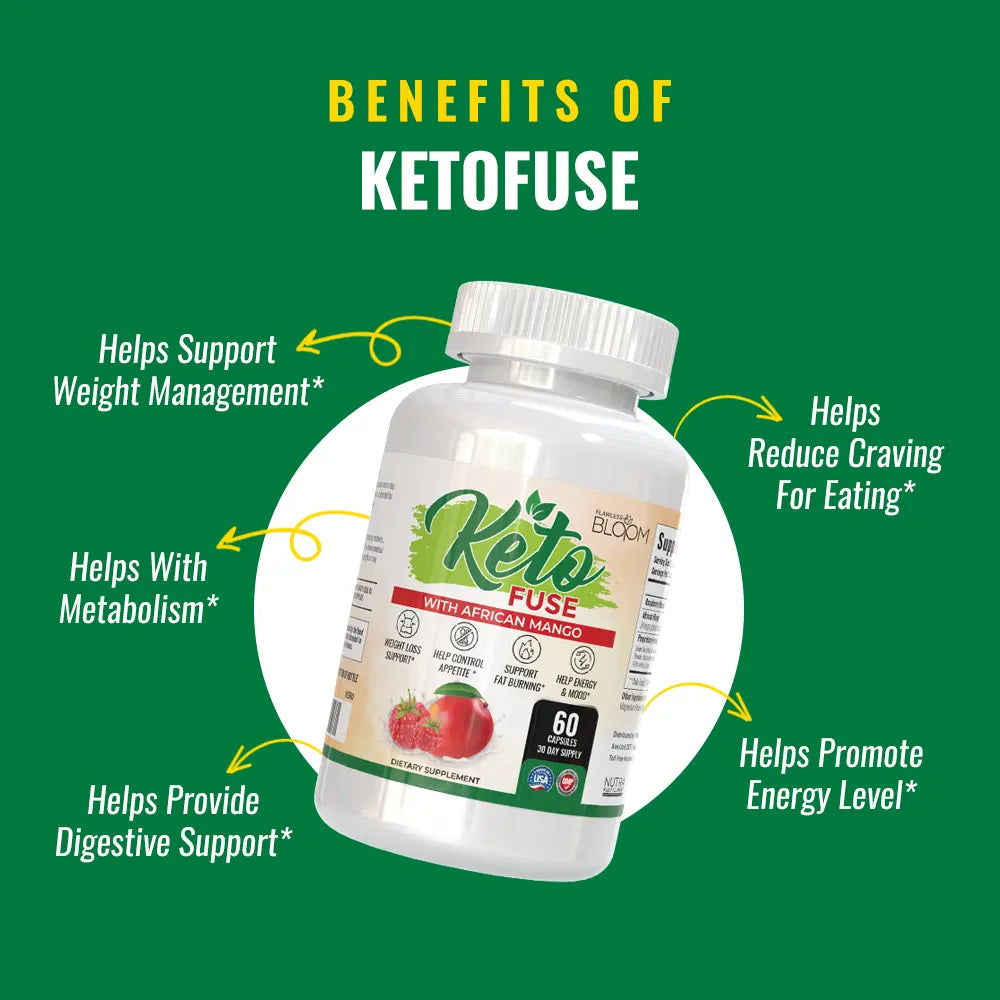
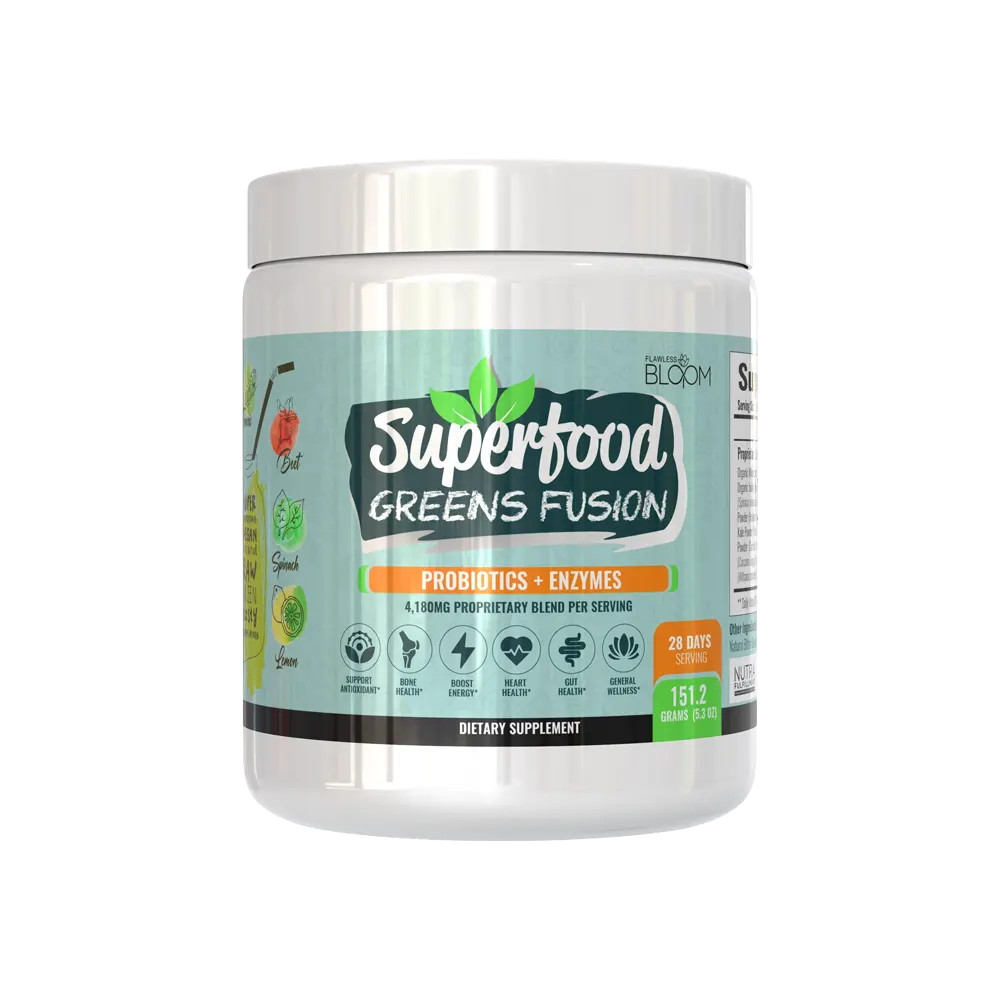
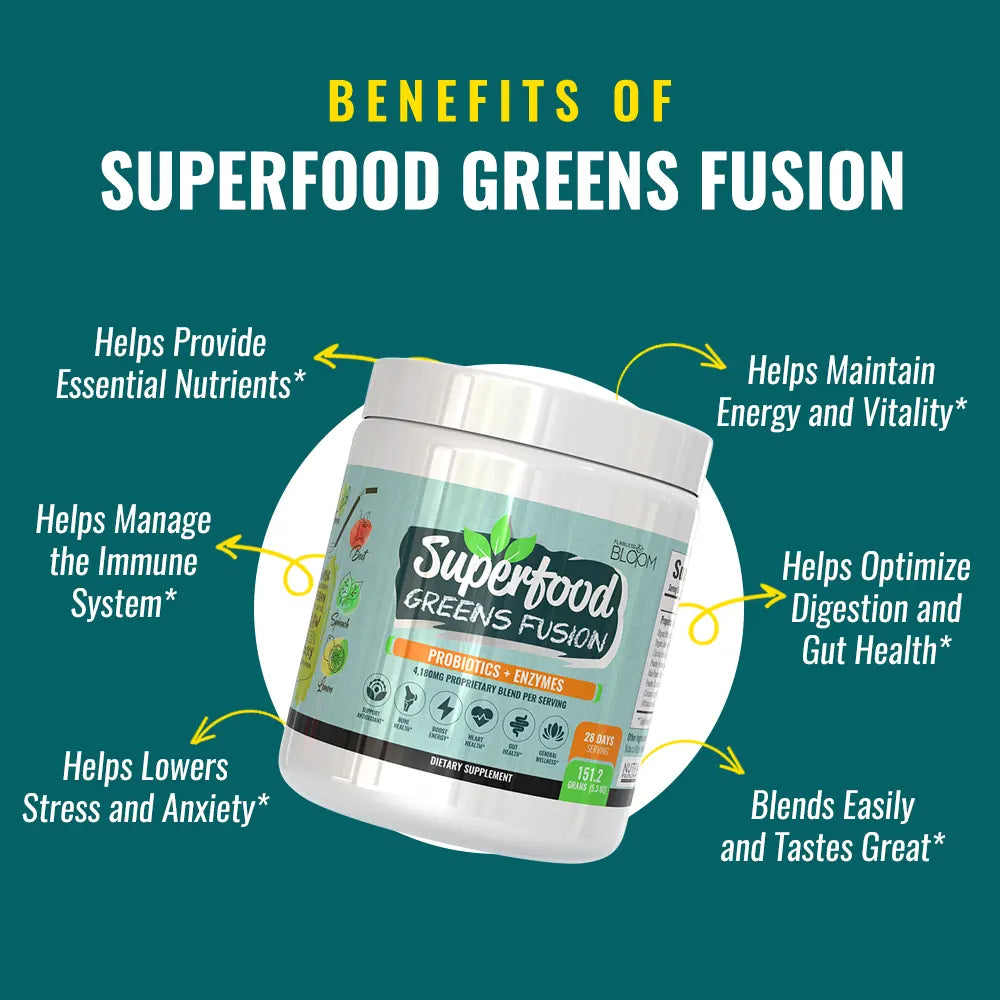
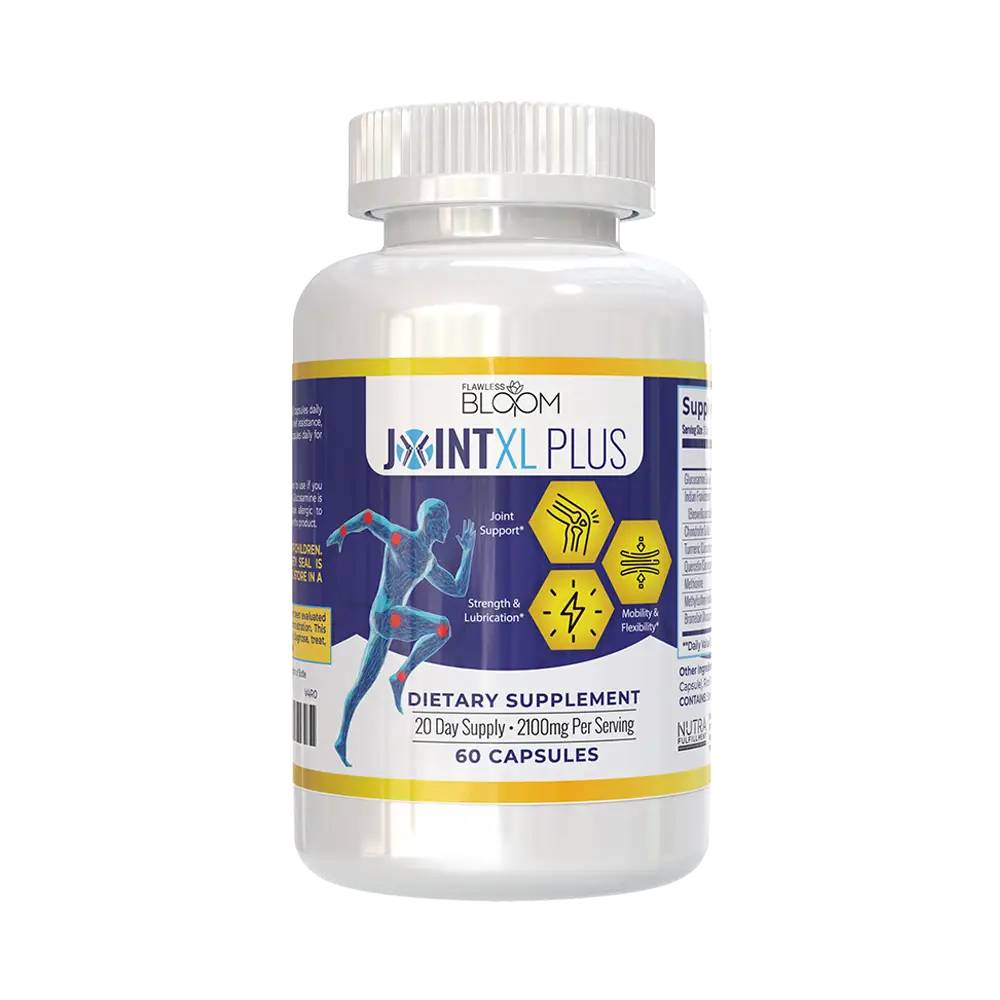
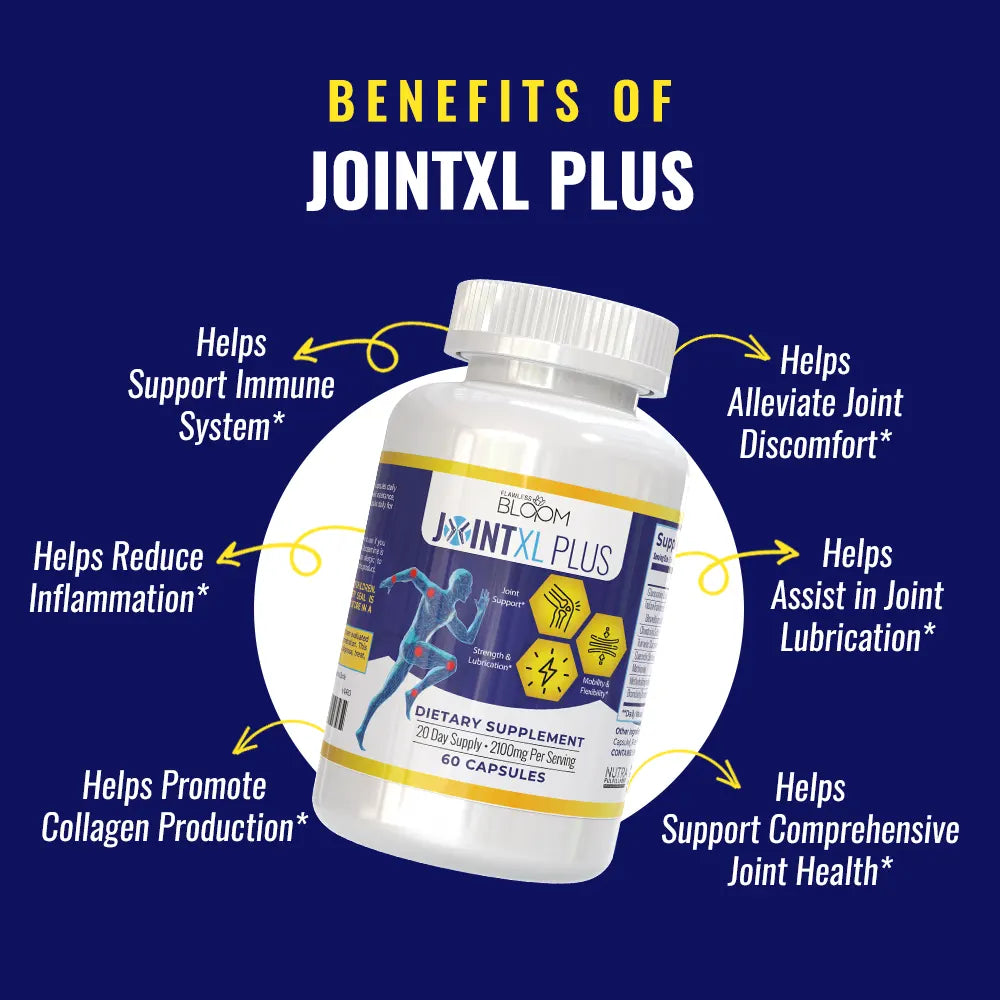
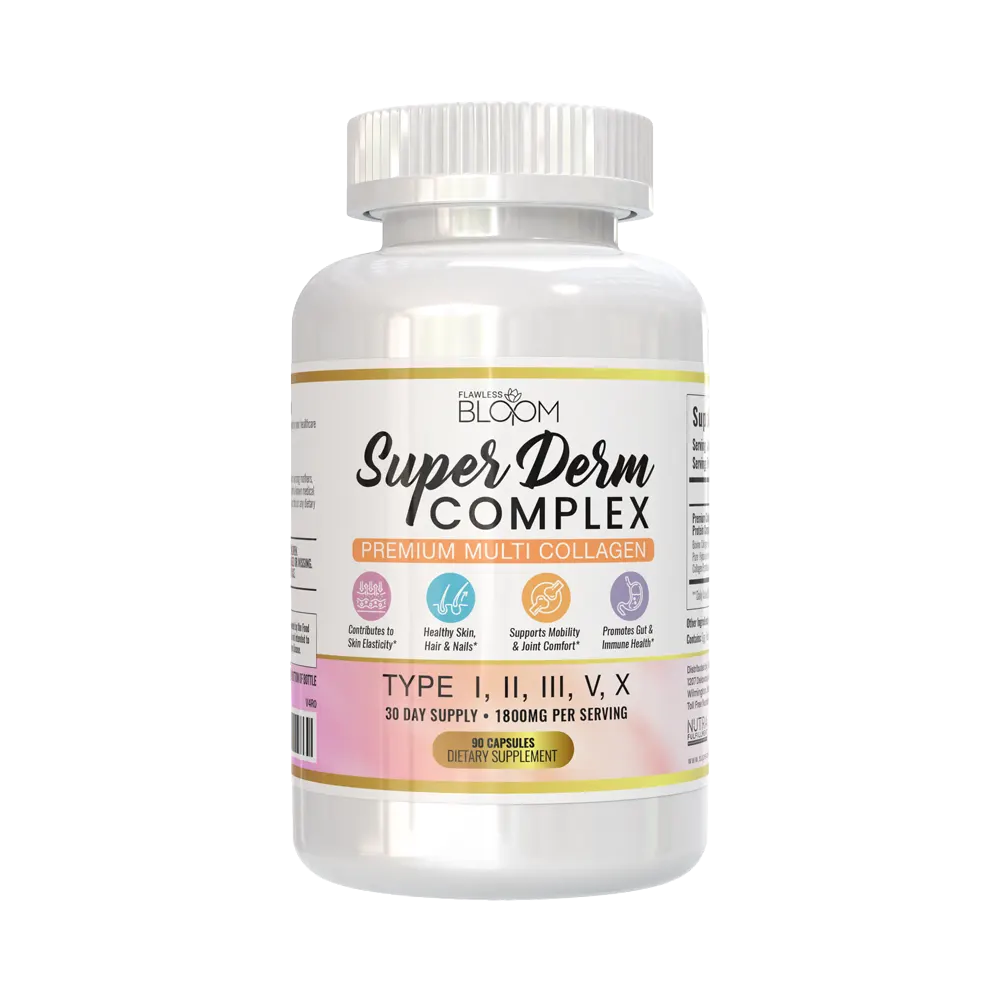
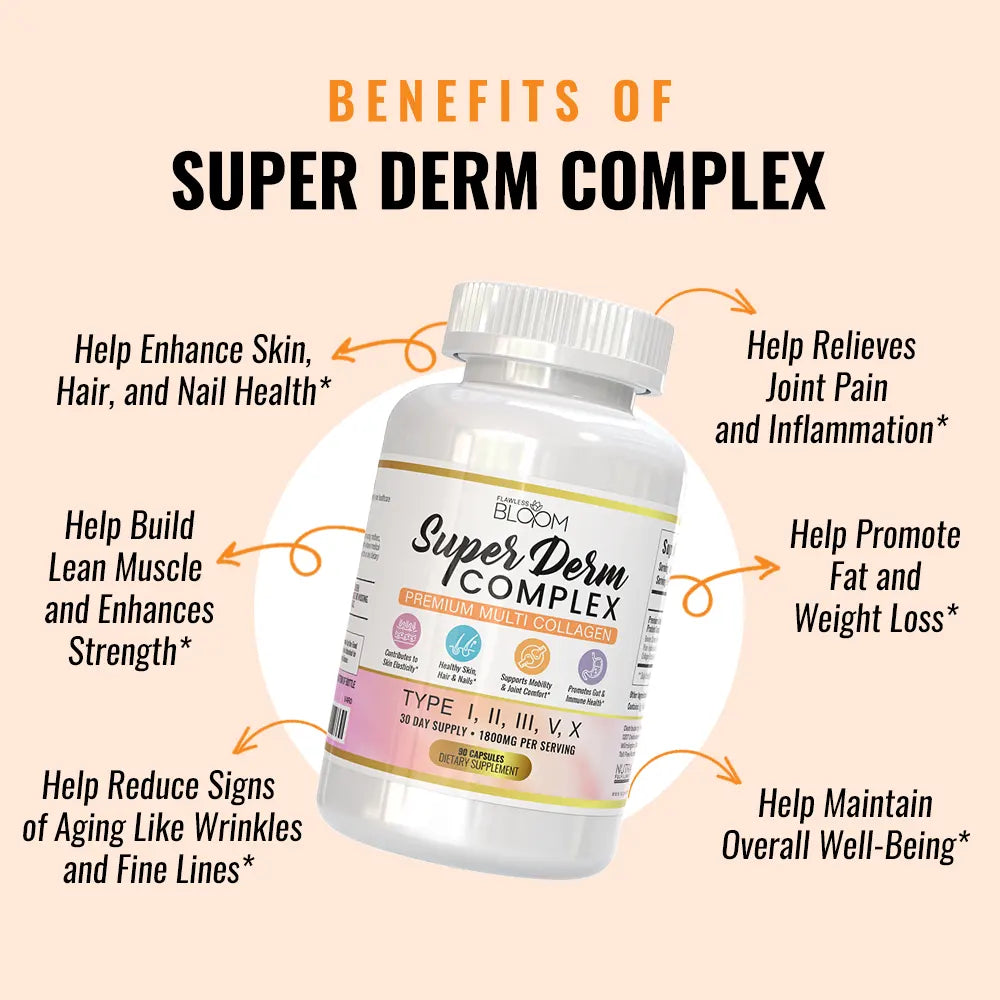
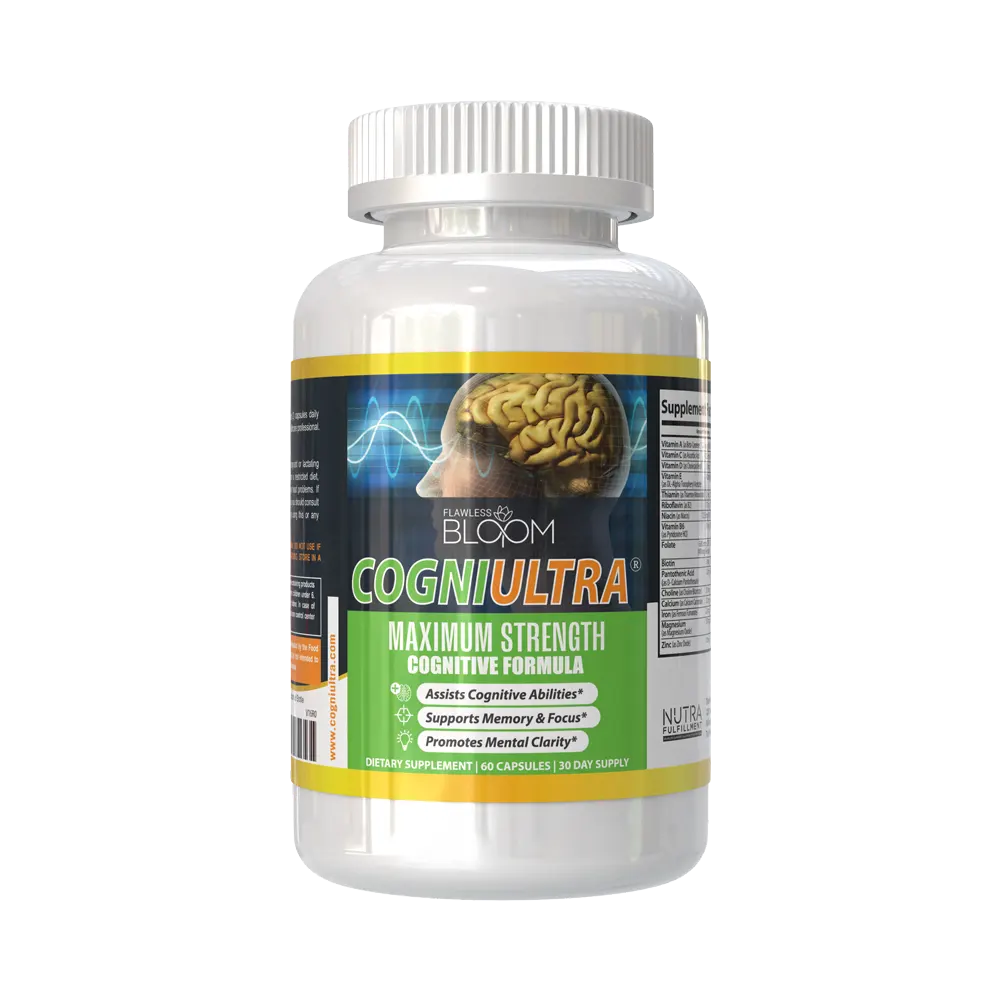
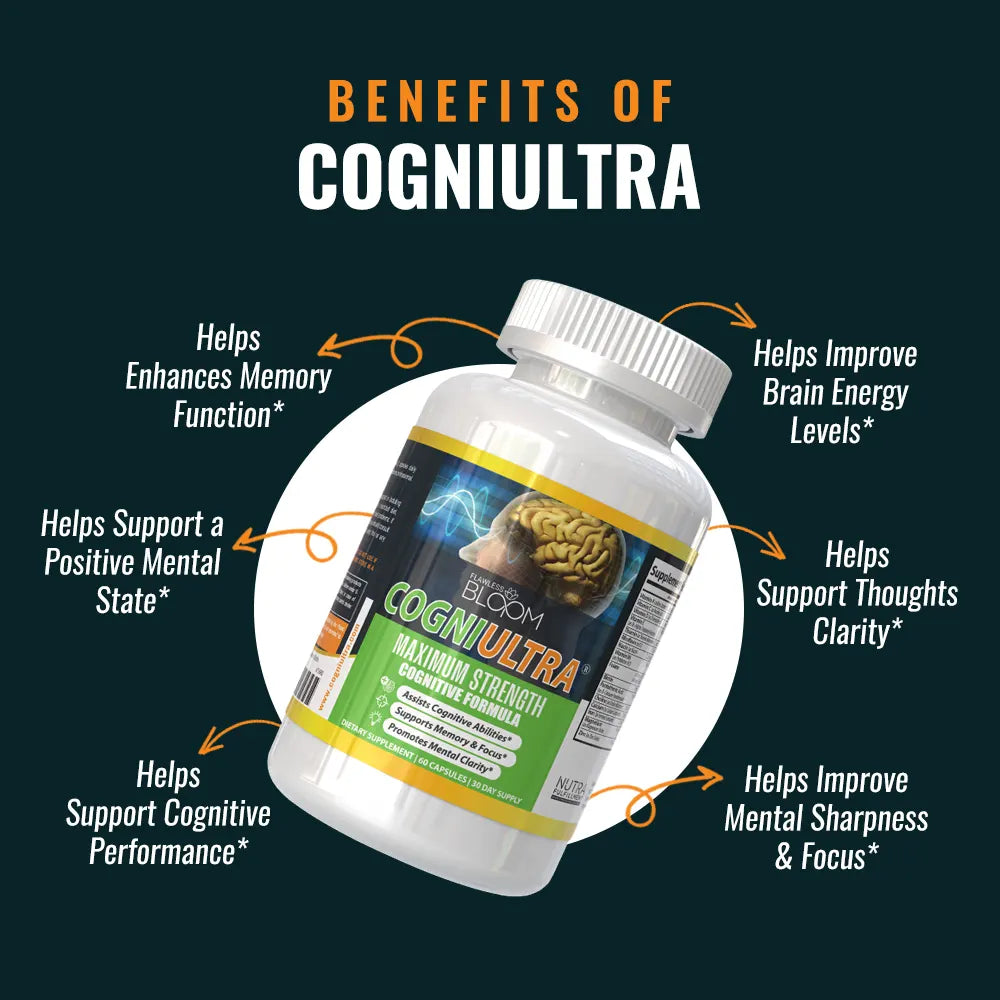
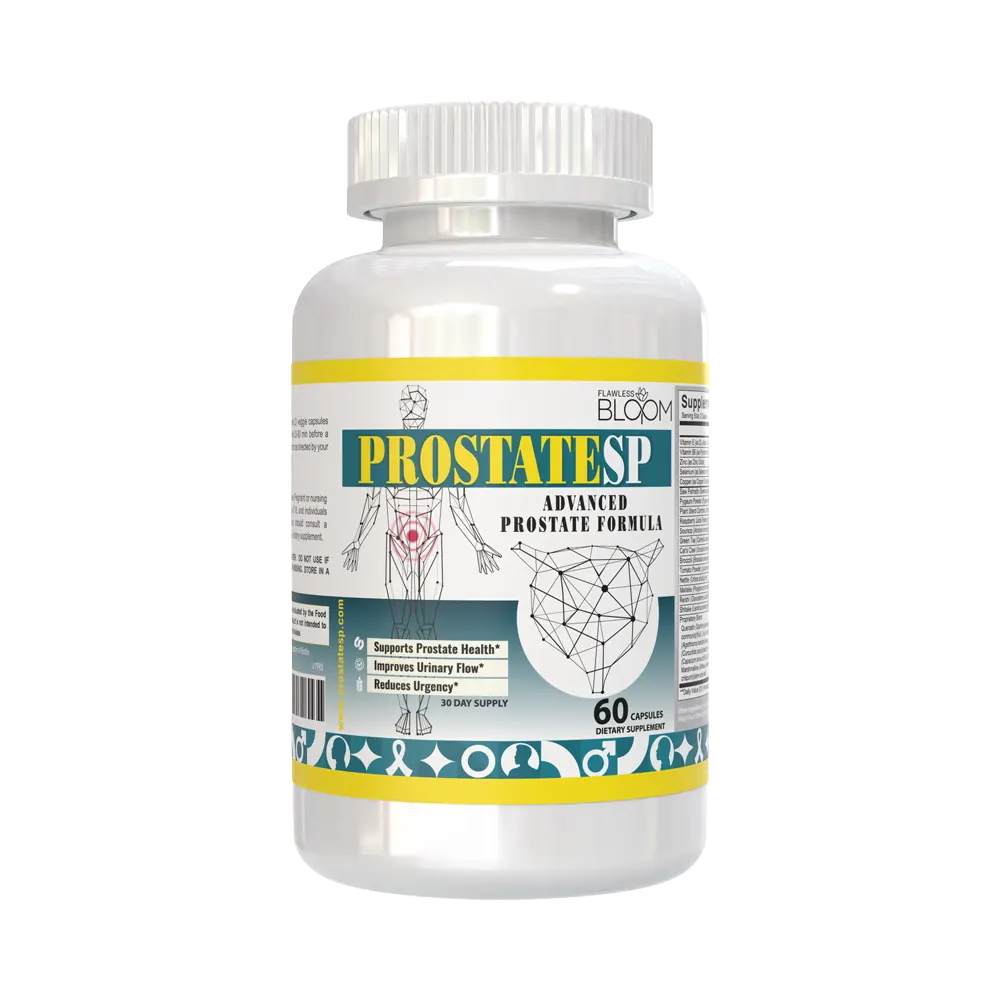
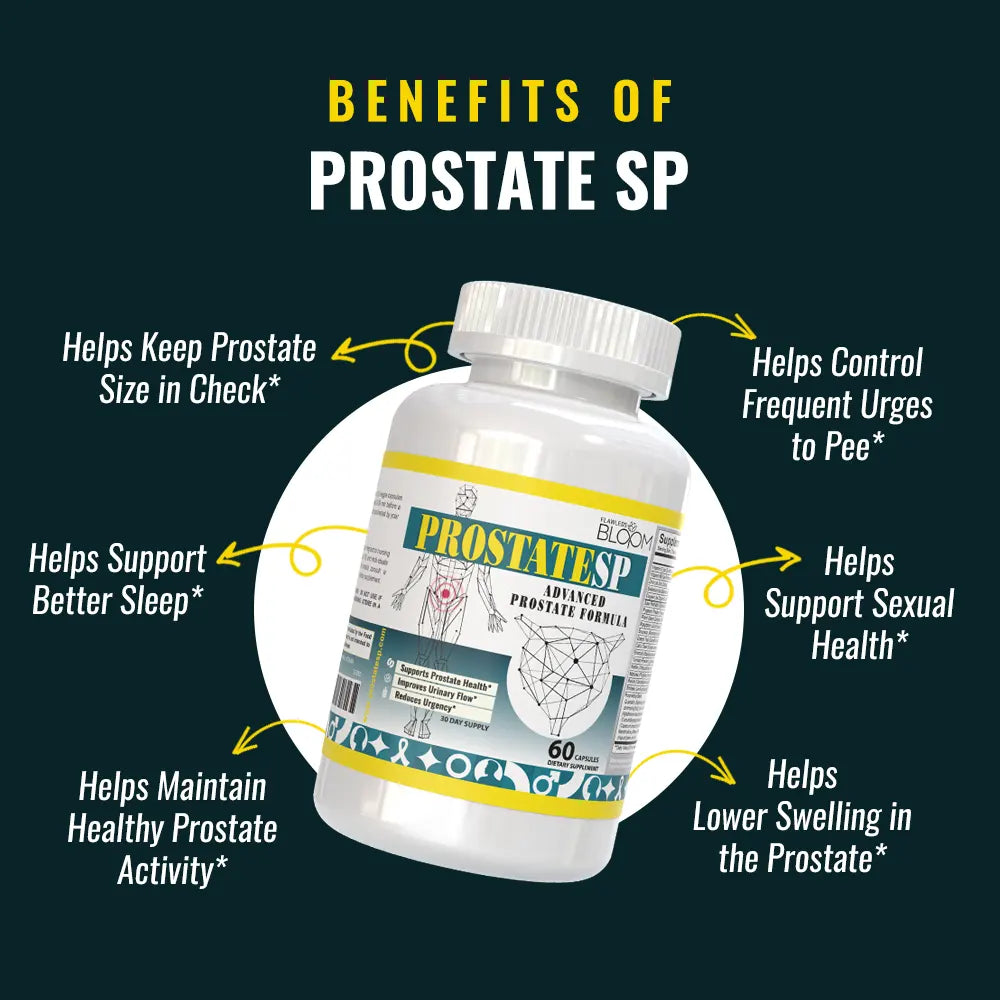
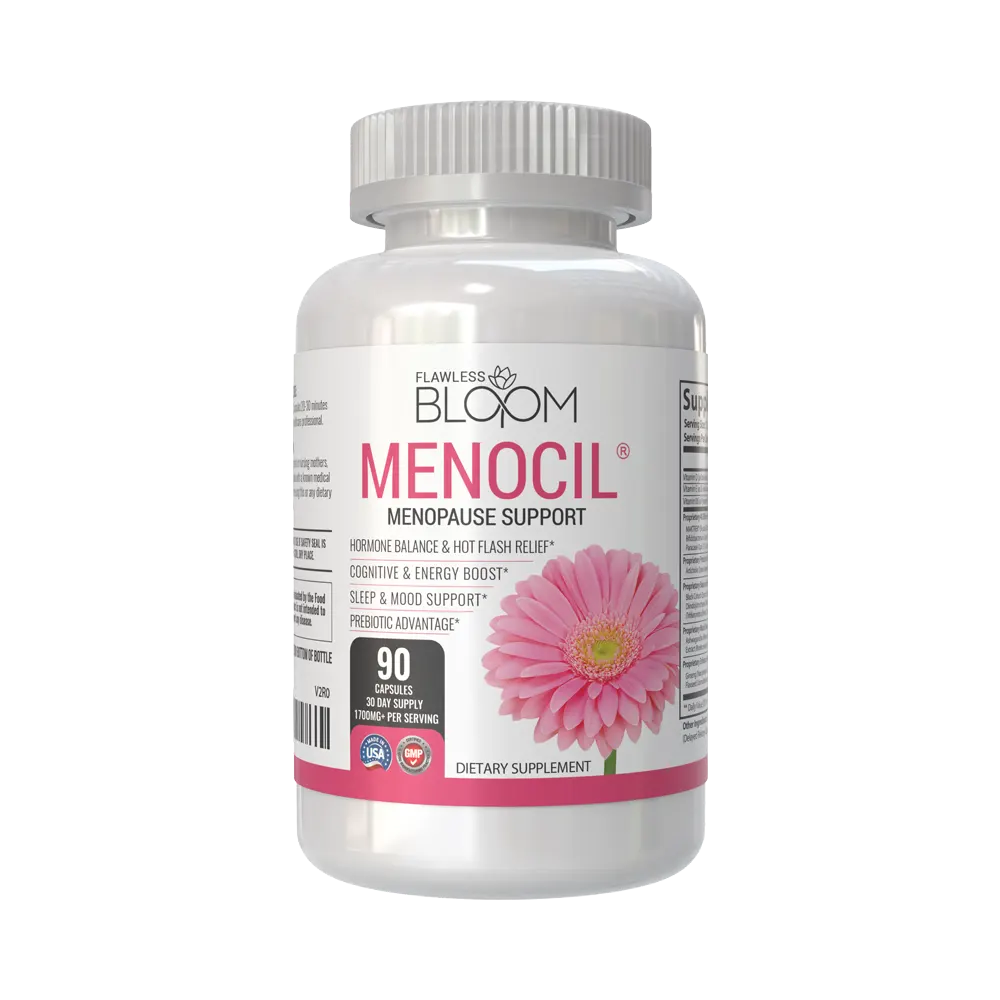
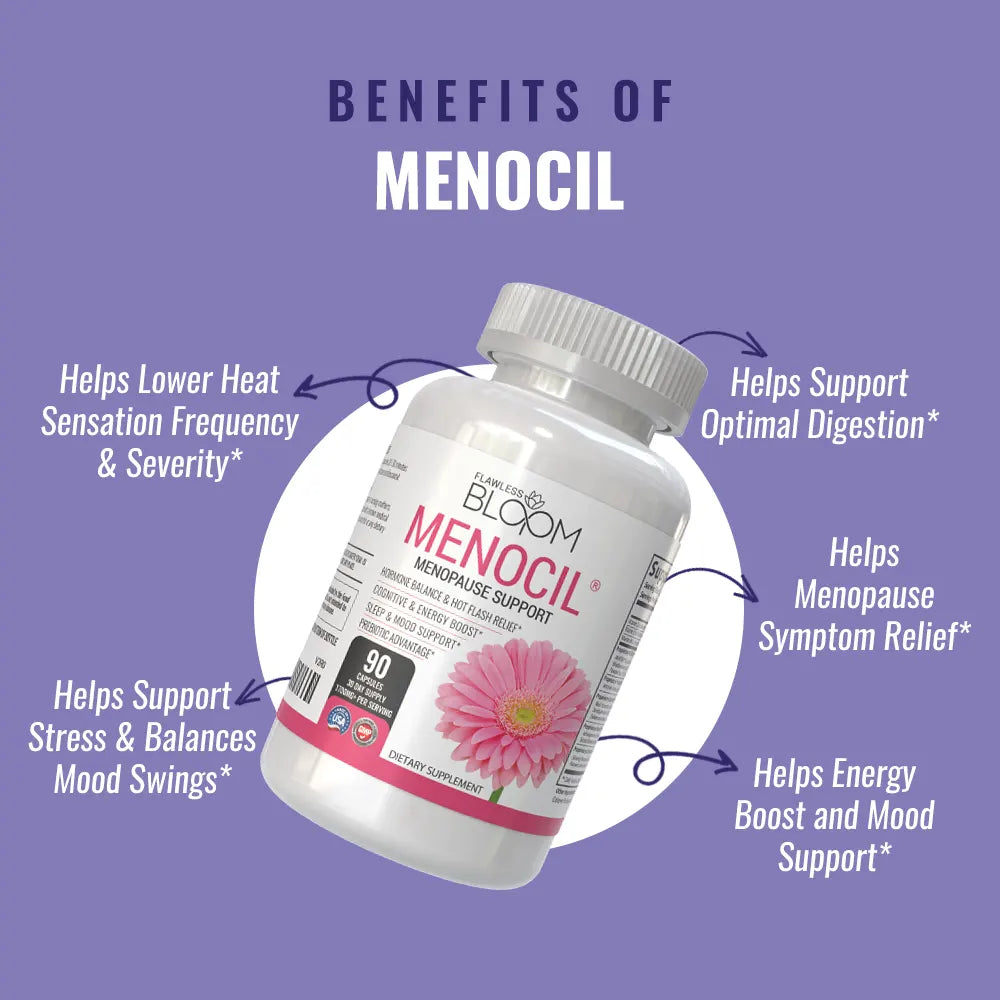
1 comment
I started taking Vitamin C and D together, and I’ve noticed a nice boost in my overall well-being, especially with my immune system. It’s been a positive addition to my routine.